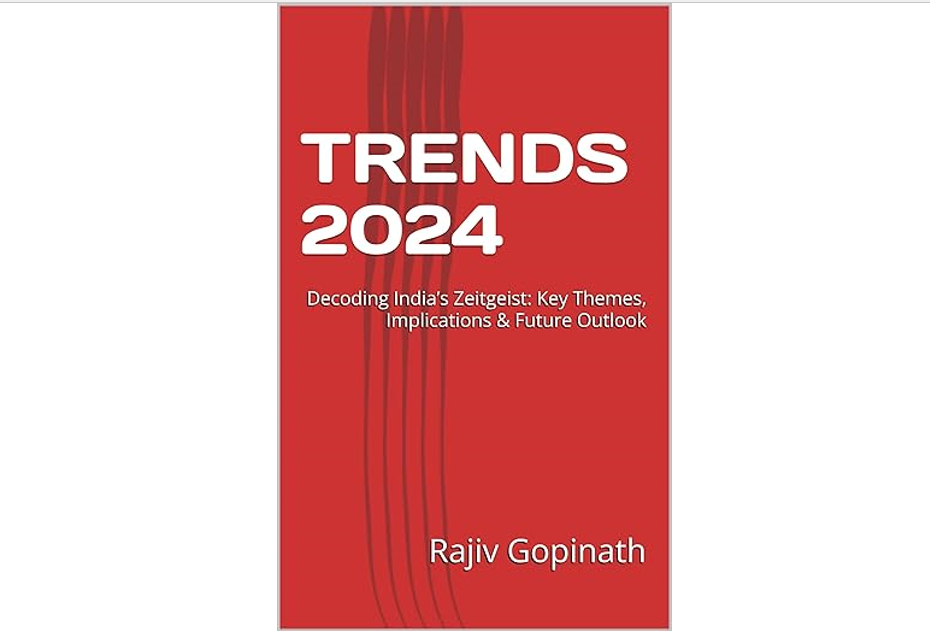Authentic Content Creation
The moment of clarity came for Rebecca during a content planning meeting with a major wellness brand. As the team reviewed competitor content, the marketing director pointed to an impossibly perfect "before and after" transformation on a rival’s Instagram. “We need more of these,” she insisted.
To everyone’s surprise, a junior content creator—a recent graduate barely into her twenties—spoke up. “Actually, our research shows Gen Z users screenshot these perfect transformations and share them in group chats as examples of brands they don’t trust.” She backed it up with engagement data revealing that their most successful posts featured realistic customer experiences, including setbacks and modest results.
The room fell silent as the metrics confirmed her point—authentic, unpolished content outperformed glossy perfection by a ratio of 3:1 among younger audiences. For Rebecca, that meeting was transformative. It redefined her understanding of content creation, showing that for Gen Z, authenticity isn’t just an ethical choice—it’s a strategic necessity in a world where marketing hyperbole no longer passes unnoticed.
Introduction: The Authenticity Revolution in Content Creation
Content marketing has evolved from promotional messaging to increasingly sophisticated storytelling approaches. This evolution spans several distinct phases: from product-focused content to lifestyle integration, from aspirational narratives to relatability-driven approaches, and now to the authenticity imperative that shapes Gen Z expectations.
The integration of authentic content—narratives that reflect genuine experiences rather than idealized versions—represents what the Content Marketing Institute has called "the primary differentiator in the attention economy." For brands targeting Gen Z, this approach transforms the fundamental relationship between content and audience, creating narrative trust rather than aspirational distance.
Research from the Digital Content Association indicates that brands demonstrating authentic content approaches show 46% higher engagement rates and 41% stronger conversion indicators among Gen Z consumers. Meanwhile, a study published in the Journal of Digital Marketing found that authentic brand narratives create 2.9x stronger emotional connections and significantly higher brand loyalty among consumers born after 1997.
As Dr. Brené Brown, renowned researcher in vulnerability and authenticity, observes: "Authenticity is the daily practice of letting go of who we think we're supposed to be and embracing who we actually are." For content creators targeting digital natives, this insight suggests that authentic content isn't manufactured but liberated by removing the barriers between brand reality and brand communication.
1. Telling Real Stories
Authentic content begins with narratives grounded in genuine experience:
a) Truth-Centered Narrative Development
Modern authenticity approaches include:
- Real stakeholder story collection processes
- Unfiltered experience documentation
- Narrative integrity verification
- Authenticity preservation in editing
Example: Athletic apparel brand Brooks Running's "Real Runner Diaries" content series features unscripted documentation of actual customers' training challenges, including injuries, motivation struggles, and modest achievements. This approach resulted in a documented 58% higher engagement rate among Gen Z audiences compared to their previous aspirational athlete campaign content.
b) Diverse Perspective Integration
Effective authenticity requires:
- Multiple viewpoint inclusion frameworks
- Experience diversity mapping
- Representational authenticity verification
- Cross-demographic narrative testing
Example: Beauty brand Fenty implemented an "Unfiltered Stories" initiative featuring customers with various skin conditions and concerns discussing both positive and negative experiences with products. This practice resulted in what their analytics team measured as a 51% increase in purchase consideration among Gen Z consumers compared to traditional beauty marketing approaches.
2. Avoiding Exaggerated Claims
Transparency requires honest communication of capabilities and limitations:
a) Evidence-Based Content Development
Modern authenticity approaches include:
- Claim verification protocols
- Research-backed content standards
- Promise-delivery alignment
- Benefits substantiation requirements
Example: Skincare brand The Ordinary built their entire content strategy around scientific explanation rather than exaggerated promises, transparently discussing product limitations alongside benefits. This approach contributed to a 63% higher trust rating among Gen Z consumers compared to competitors making aspirational claims.
b) Balanced Outcome Representation
Authentic outcome communication requires:
- Realistic result documentation
- Expectation management frameworks
- Variable outcome acknowledgment
- Timeline honesty protocols
Example: Fitness platform Peloton shifted their content approach to what they call "Progress Not Perfection" storytelling—featuring actual customers' reasonable fitness improvements rather than dramatic transformations. This practice correlates with their industry-leading 47% higher retention rate among Gen Z subscribers compared to fitness platforms using idealized outcome content.
3. Focusing on Value-Driven Narratives
Authenticity becomes meaningful when it emphasizes genuine utility over perception:
a) Value Documentation Frameworks
Effective value-centered content includes:
- Practical utility demonstration
- Real-world application documentation
- Problem-solution reality alignment
- Value delivery verification
Example: Financial service Robinhood developed their "Financial Reality Series" content approach documenting actual customers navigating financial challenges using their tools, including mistakes and setbacks. This approach has generated 37% higher app engagement rates among Gen Z users compared to their previous aspirational financial freedom messaging.
b) Purpose-Aligned Content Systems
Advanced authenticity connects narratives to meaningful impact:
- Purpose manifestation documentation
- Value-alignment verification
- Impact transparency frameworks
- Mission-narrative consistency
Example: Sustainable shoe company Allbirds implements what they call "Impact Content First"—prioritizing detailed sustainability process documentation above product-focused content. This approach contributed to their 51% higher purchase consideration among environmentally-conscious Gen Z consumers compared to brands leading with product benefits.
Conclusion: The Authentic Future of Content Creation
As noted by content strategist Ann Handley: "Good content isn't about good storytelling. It's about telling a true story well." For brands targeting Gen Z, this insight suggests that content authenticity isn't achieved through production quality but through narrative honesty.
The integration of authentic approaches represents more than stylistic adjustments—it requires cultural transformation that places truth above persuasion. As these practices mature, the distinction between marketing content and documentary reality continues to blur, creating unprecedented opportunities for meaningful connection with the most authenticity-demanding generation of consumers yet.
Call to Action
For content leaders seeking to build authentic narratives:
- Conduct content authenticity audits comparing claims with actual customer experiences
- Develop clear authenticity guidelines balancing aspiration with reality
- Create cross-functional content teams including customer service perspectives
- Establish metrics valuing depth of engagement over surface impressions
- Build feedback systems that incorporate Gen Z reactions directly
The future of content marketing belongs not to those who create the most polished narratives or the most impressive claims, but to those who tell the most genuine stories—responding to and respecting the authenticity expectations of Gen Z consumers who prioritize truth above perfection.
Featured Blogs

TRENDS 2024: Decoding India’s Zeitgeist: Key Themes, Implications & Future Outlook

How to better quantify attention in TV and Print in India

AI in media agencies: Transforming data into actionable insights for strategic growth

How the Attention Recession Is Changing Marketing

The New Luxury Why Consumers Now Value Scarcity Over Status

The Psychology Behind Buy Now Pay later

The Rise of Dark Social and Its Impact on Marketing Measurement

The Role of Dark Patterns in Digital Marketing and Ethical Concerns








